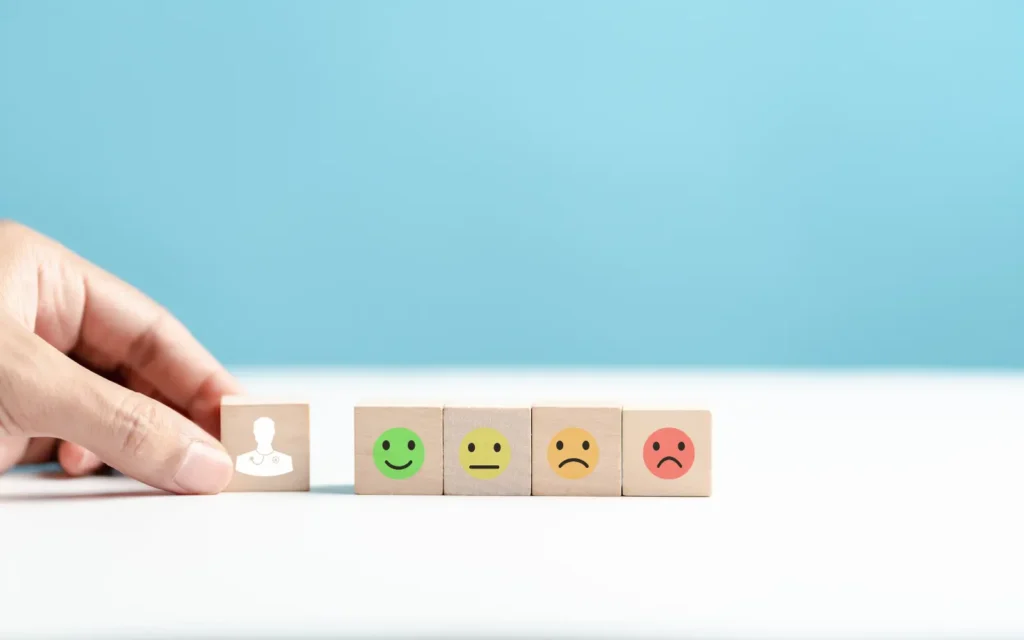In our fast-paced, highly connected world, wellness has become the new watchword. Everyone is searching for that balance to live healthier, happier lives. But in this wellness journey, a big question looms: is wellness primarily physical or mental wellness? Let’s dive into the different aspects of wellness and discover if one really takes precedence over the other—or if they’re perhaps two sides of the same coin.
Defining Wellness: More Than Just Being “Well”
Wellness is more than just the absence of illness; it’s a proactive approach to living a full, satisfying life. Mental wellness, on the other hand, is about nurturing our minds, managing stress, and fostering resilience. Physical wellness involves taking care of our bodies through exercise, nutrition, and sleep. These two domains are often seen separately, but the more we learn about human health, the clearer it becomes that they’re intricately linked.
The Physical Wellness: The Foundation of Health
Think of physical wellness as the foundation of a sturdy house. Without a strong base, the structure can’t hold up under pressure. Physical wellness isn’t just about looking good; it’s about feeling good, too. Here’s why it’s crucial:
- Energy & Stamina: Regular exercise boosts your energy levels and helps your body function at its best. The endorphins released during exercise also naturally improve your mood, giving you a physical boost with mental benefits.
- Disease Prevention: A healthy lifestyle can reduce the risk of chronic diseases like heart disease, diabetes, and cancer. Just like a strong foundation, a healthy body gives you resilience against illness.
- Sleep & Recovery: Physical wellness isn’t all about movement. Quality sleep is essential for recovery, both for your muscles and your mind. Without it, even the best mental wellness practices will struggle to compensate for exhaustion.
The Mental Wellness: Your Inner Compass
Mental wellness is the part of wellness that often doesn’t get as much visibility but is equally powerful. Here’s what it contributes to the wellness equation:
- Emotional Resilience: Mental wellness means having the tools to deal with life’s stressors. It’s the capacity to bounce back from setbacks, to look at challenges with an optimistic lens, and to keep a calm head when life gets tough.
- Mental Clarity & Focus: A clear mind is the bedrock of good decision-making and productivity. By managing stress, practicing mindfulness, and developing a positive outlook, mental wellness sharpens your focus and boosts your performance in daily life.
- Social Connections: Humans are social beings, and mental wellness includes the quality of our relationships. Good mental health fosters healthy connections, giving us support, comfort, and perspective during life’s ups and downs.

Can You Really Separate Physical and Mental Wellness?
The truth is, our bodies and minds are connected in ways we’re still uncovering. Studies show that regular physical activity can reduce symptoms of depression and anxiety just as effectively as some medications. Physical wellness bolsters mental wellness, while mental wellness can motivate you to stick to healthy physical habits. This dynamic goes both ways:
- Exercise & Mental Health: Exercise releases endorphins, the “feel-good” hormones, that reduce stress and anxiety. Even a brisk walk in nature can improve mood and mental clarity, creating a natural mental reset.
- Mental Health & Physical Health: Chronic stress and anxiety can weaken your immune system, making you more susceptible to illness. Mental wellness practices, like mindfulness and relaxation techniques, reduce cortisol levels and strengthen your immune response.

Finding Balance: Tips for a Holistic Wellness Approach
Here’s the good news: you don’t have to choose between physical and mental wellness. The Travel Psychology based balanced approach will maximize the benefits of each. Here are some simple tips to integrate both:
- Prioritize Movement: Even small amounts of daily exercise can boost mood and energy. Try a quick morning stretch, a midday walk, or a gentle yoga session in the evening.
- Practice Mindfulness: Take a few minutes each day to practice mindfulness. This can be as simple as focusing on your breath or doing a body scan to see how you feel.
- Stay Connected: Strong relationships are a major component of mental wellness. Make time for family and friends, or consider joining a group with similar interests.
- Sleep Well: Quality sleep is foundational for both physical and mental health. Set a consistent sleep routine, and avoid screens before bedtime to improve your sleep quality.
- Eat Mindfully: Nourishing your body with healthy food fuels both your mind and body. A balanced diet keeps your energy up and mood stable throughout the day.

So, Is Wellness More Physical or Mental?
The best answer? Wellness is both physical and mental, intertwined in a way that makes them inseparable. Focusing on one while neglecting the other can only take you so far. When you commit to nurturing both, you’re investing in a stronger, healthier, and more resilient version of yourself.
Ultimately, wellness is not about prioritizing one aspect over the other; it’s about understanding that a healthy mind supports a healthy body, and vice versa. So, the next time you think about your wellness routine, take a moment to consider both. You’ll find that the journey is as rewarding as the destination, and you might just discover that your wellness potential is higher than you imagined.







